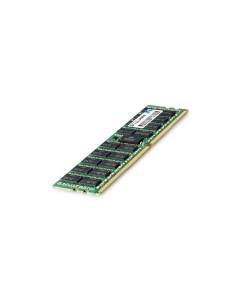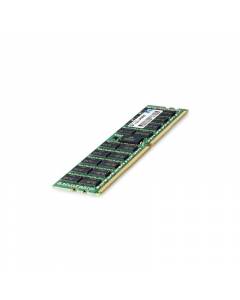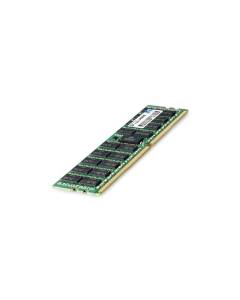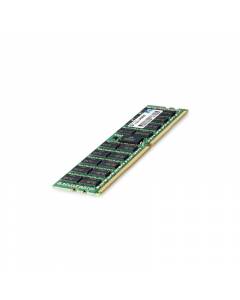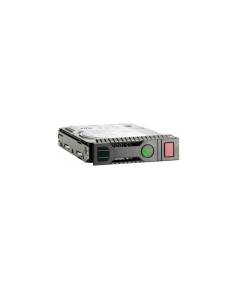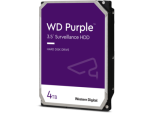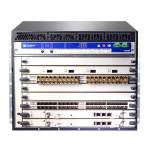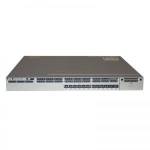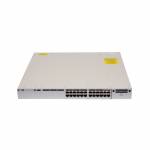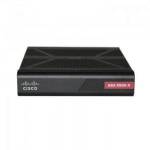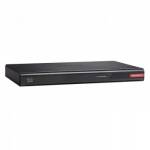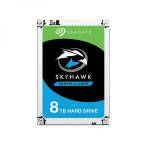HPE Server Memories
HPE offers a range of server memory modules designed to enhance the performance and capacity of HPE servers. These memory modules are engineered to deliver reliable and efficient operation in demanding data center environments. Here are some key aspects of HPE server memories:
1. Memory Types: HPE server memories are available in different types, including DDR4 (Double Data Rate 4) and Persistent Memory. DDR4 memory modules offer high-speed data transfer rates, improved energy efficiency, and increased capacity compared to previous generations. Persistent Memory combines the speed of memory with the persistence of storage, enabling faster data access and analysis.
2. Capacity and Performance: HPE server memories are available in various capacities, allowing organizations to scale their memory resources based on workload requirements. Higher memory capacities enable better performance and support for memory-intensive applications, such as virtualization, database management, and high-performance computing.
3. Speed and Latency: HPE server memories come in different speed ratings, such as 2133 MHz, 2400 MHz, and higher. Faster memory speeds can enhance overall system performance by reducing data access latency and improving application responsiveness.
4. ECC (Error Correction Code) Support: HPE server memories incorporate ECC technology, which helps detect and correct memory errors. ECC ensures data integrity by automatically correcting single-bit errors and detecting multi-bit errors, enhancing the reliability and accuracy of data stored in memory.
5. Compatibility and Validation: HPE server memories are extensively tested and validated to ensure compatibility with HPE server platforms. They undergo rigorous testing to meet strict quality standards and are specifically designed to work seamlessly with HPE servers, ensuring optimal performance and reliability.
6. Configuration and Upgrades: HPE server memories can be easily installed and upgraded, allowing organizations to adapt their memory capacity to changing workload demands. Depending on the server model, memory configurations may vary, including the number of memory slots and maximum supported memory capacity. It is important to refer to the server's documentation or HPE support for specific memory configuration guidelines.
FAQs:
Q1: Can I mix different memory speeds or capacities in HPE servers? HPE servers generally support mixing different memory speeds and capacities, allowing flexibility in memory configurations. However, it is recommended to consult the server's documentation or HPE support to ensure compatibility and understand any specific limitations or recommendations for memory mixing.
Q2: Can I use third-party memory modules with HPE servers? While third-party memory modules may be compatible with HPE servers, it is recommended to use HPE-certified memory modules for optimal compatibility, performance, and support. HPE-certified memory modules undergo rigorous testing to meet HPE's quality standards and are specifically designed for seamless integration with HPE servers.
Q3: How can I determine the maximum memory capacity supported by my HPE server? To determine the maximum memory capacity supported by your HPE server, it is best to refer to the server's documentation or specifications available on the official HPE website. The documentation will provide details on the number of memory slots, maximum supported memory per slot, and overall maximum memory capacity for your specific server model.

